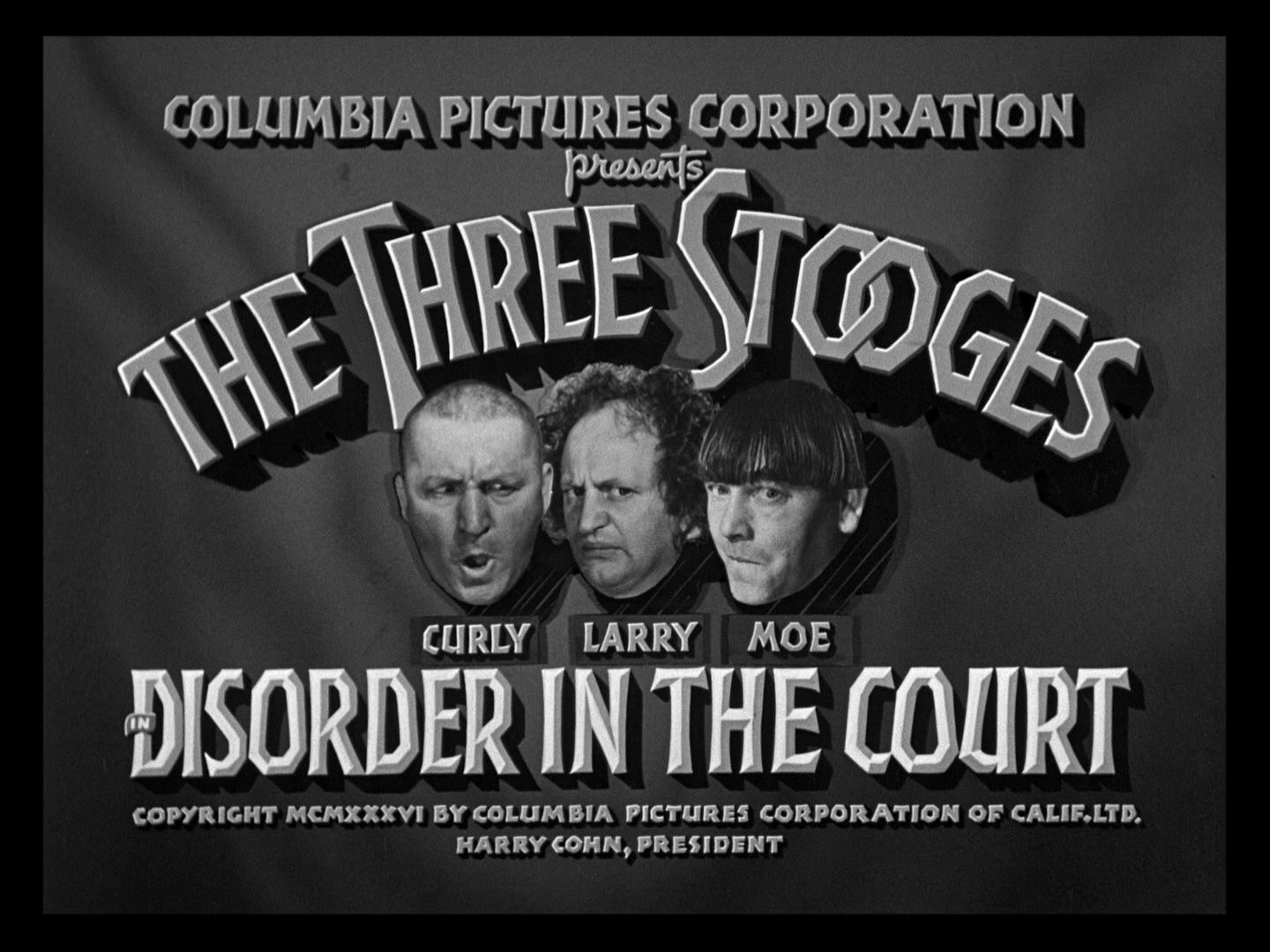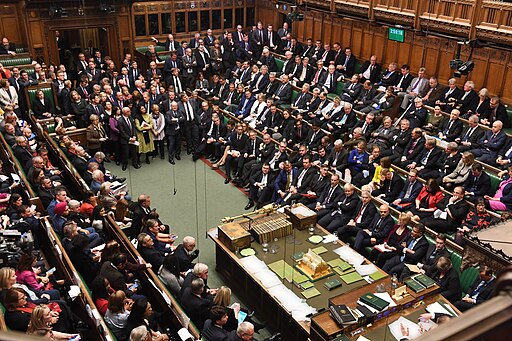
“Recent Supreme Court rulings have threatened the rights of New Yorkers to make decisions about their own bodies and our right to protect New Yorkers from gun violence,” proclaimed New York state governor Kathy Hochul in a statement released from Albany on the first of July.
That New York State Rifle & Pistol Association, Inc. v. Bruen struck down New York state restrictions on what items its citizens can carry on their bodies, and that supporters of the Dobbs v. Jackson Women’s Health Organization decision see it as offering protection from violence, shows the inconsistencies in the very divisions entrenched by the Court.
Gerald Ford noted in a 1974 Presidential address that those realizing that “a government big enough to give you everything you want is a government big enough to take from you everything you have” are nonspecialists who “are a lot better economists than most economists care to admit.” Giving the Supreme Court outsize power to override the legislative and executive branches of government has likewise been the sort of blunder in political strategy made by the most devoted political strategists.
For partisans aiming to scare their bases into line, nothing beats a Supreme Court balanced like Humpty Dumpty on the edge of the wall of polarization between the red and blue states. The toppling of that balance has cracked what protection they gave to civil liberties on one side or the other of the culture wars. The dissipation of what Clint Eastwood called the “liberal dither over Miranda rights” has been made clear by how ignored their overruling by Vega v. Tekoh has been compared to the overturn of Roe v. Wade. And all the efforts of the kingmakers will never unscramble it.
Eric Flint, a science fiction writer whose prognostications are informed by a history of hard-nosed activism, observed in 2018 that the notion that “the Supreme Court is the all-powerful institution in American politics” was disproved by its history. “Slavery, segregation, slavish obedience to corporate welfare, grossly unconstitutional internment … are gone. Not thanks to the Supreme Court” — whose Justices consistently upheld them all — “but thanks to the struggles of the millions of men and women who fought against these injustices through the various means for mass action in a democratic society.”
The way out of the political disorder that was inevitably going to be unleashed by the Supreme Court’s essentially elitist nature lies in society routing around it, not just via more responsive and local sectors of governance but by expanding the realms of individual choice without waiting for its go-ahead.
New Yorker Joel Schlosberg is a senior news analyst at The William Lloyd Garrison Center for Libertarian Advocacy Journalism.
PUBLICATION/CITATION HISTORY
- “It’s coming from inside the courtroom” by Joel Schlosberg, Reno, Nevada Gazette Journal, July 10, 2022
- “It’s coming from inside the courtroom” by Joel Schlosberg, USA Today, July 10, 2022
- “It’s Coming From Inside The Courthouse” by Joel Schlosberg, Ventura County, California Citizens Journal, July 10, 2022
- “It’s coming from inside the courthouse” by Joel Schlosberg, Sidney, Montana Herald, July 10, 2022
- “It’s coming from inside the courthouse” by Joel Schlosberg, Elko, Nevada Daily Free Press, July 11, 2022
- “It’s Coming From Inside the Courthouse” by Joel Schlosberg, CounterPunch, July 12, 2022


